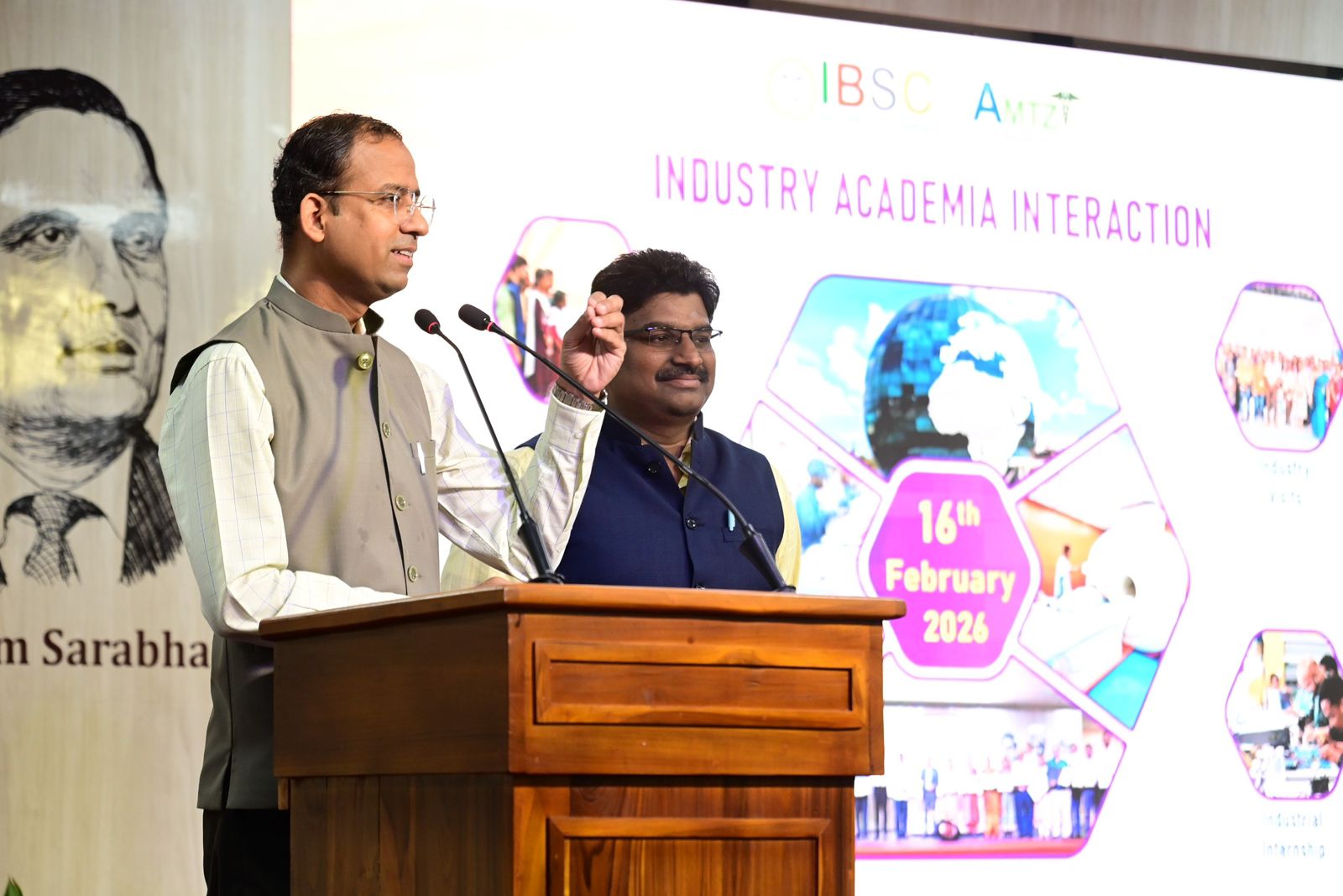
 New Delhi: It was hope alternating with despair in the brainstorming session organized under the joint aegis of PHD and ICMR around theme ‘Health Horizons: Defining the Future of Health Products’. Though swagger words like ‘Viskit Bharat’, ‘Atmanirbar Bharat’ and ‘Make in India’ interspersed the discussion, the leap of faith that like being pharmacy of the world, India one day will become a global hub of medtech sounded at best wishful. Enormous power of import lobby seemed breathing hard over the necks of dreamers. Elephants in the room were only touched upon tangentially.
New Delhi: It was hope alternating with despair in the brainstorming session organized under the joint aegis of PHD and ICMR around theme ‘Health Horizons: Defining the Future of Health Products’. Though swagger words like ‘Viskit Bharat’, ‘Atmanirbar Bharat’ and ‘Make in India’ interspersed the discussion, the leap of faith that like being pharmacy of the world, India one day will become a global hub of medtech sounded at best wishful. Enormous power of import lobby seemed breathing hard over the necks of dreamers. Elephants in the room were only touched upon tangentially.
The event organized yesterday (July 24) in the oval office of PHDCC brought together leading industry figures and policymakers to explore the future of health products in India. The conference was attended by more than 100 industry leaders from all over the country.
Dr. Rajeev Singh Raghuvanshi, DCGI, CDSCO, Ministry of Health and Family Welfare, Government of India as chief guest projected a fivefold growth in India’s medical devices industry by 2030, underpinned by supportive policies and innovation. He emphasized the need for domestic development of current reagents, which are largely imported.
Dr. Madhur Gupta, Technical Officer at the World Health Organisation highlighted the importance of developing in-house diagnostic reagents to align with Make in India and Atmanirbhar Bharat initiatives. She also discussed WHO’s focus on multiplex diagnostic kits capable of diagnosing multiple diseases from a single blood drop.
The take of Mr. Srinivasa Reddy, Sr. VP – Operations, QRA, and Government Affairs at S S Innovation, the maker of best of class surgical robot ‘Mantra’ under Make in India scheme of things provided rallying points. Mr Reddy reviewed the Union Health Ministry’s increased budget allocation and the reduction in import dependency in the medical devices sector. He called for enhanced support for local manufacturing and a standardized nomenclature for medical devices.
Rajiv Nath, Managing Director of Hindustan Syringes & Medical Devices Ltd in his special address on the theme’ Creating a Manufacturing Ecosystem in Medical Devices’ did some straight talking. Mr Nath, one of greatest champions of Make in India and leader of domestic medtech industry, highlighted the huge potential of India in the domain and the enormity of import lobby strangling it. As a dyed in the wool fan of PM Modi, Mr Nath’s speech on the subject is never plain playing to the gallery and is often characterized by some rough edges. Mr Nath duly shed light on the pain points hindering Make in India ambition of India
Dr. Ravinder Singh, Senior Scientist at ICMR delivered a theme address on the critical need for proper classification of health products to ensure standardization, regulatory compliance, and effective healthcare delivery. Dr. Atantra Das Gupta, Co-Chair of the Medical Device Committee at PHDCCI and Head of Samsung HME, delivered the welcome address. He highlighted PHDCCI’s role in promoting Indian industry and the critical importance of health product classification for standardization, regulatory compliance, and effective healthcare delivery.
The inaugural session was moderated by Dr Nasir Jamal, Senior Secretary, PHDCCI.The conference featured a dedicated session on defining and categorizing health products, emphasizing their roles in preventing disease, promoting health, managing health problems, and providing rehabilitative, assistive, or palliative care. The session, chaired by Dr. Kamal Kishore, Professor & Head (Retd.), Department of Pharmacology at AIIMS, New Delhi, featured a diverse panel of experts. Dr. Azadar Khan, Senior Vice President of India Regulatory Affairs & Corporate Relations at Sun Pharma Ltd, spoke on drugs and medicines. Mr. Neeraj Gupta, Founder and CEO of Genes2Me Pvt. Ltd, addressed diagnostics, while Dr. Ravinder Singh, Senior Scientist at ICMR, discussed assistive products. Mr. Praveen Srivastava, Senior Director at CDAC, MeitY, explored digital and health technology. Mr. K. Vijay Kumar Gupta, CEO of Kwality Photonics, RAYPURE-LEDchip Indus Pvt. Ltd, presented on human-friendly disinfection through lighting. Lastly, Dr. Salaj Rana, Scientist C at ICMR, highlighted convergence augmentative technology (CAT).
At the end of the conference, two special addresses were delivered. Mr. Avijit Bansal, Fellowship Director at the National Center for Assistive Health Technology, AIIMS, New Delhi, gave a compelling talk on ‘Fostering Med-tech Innovation in India.’








